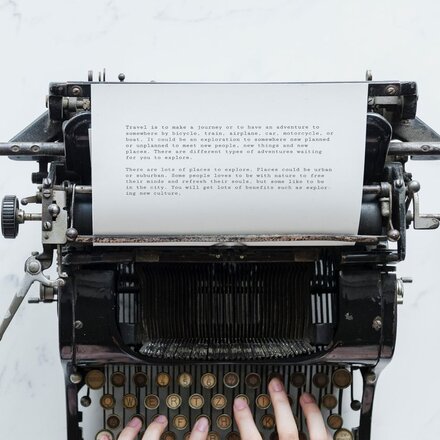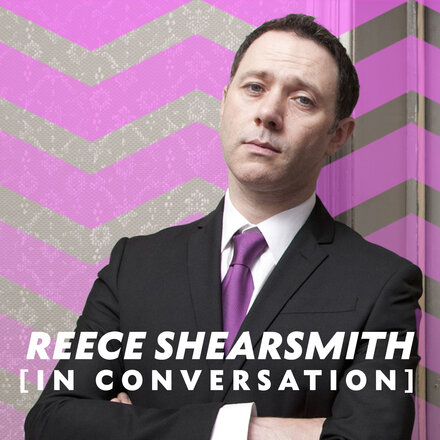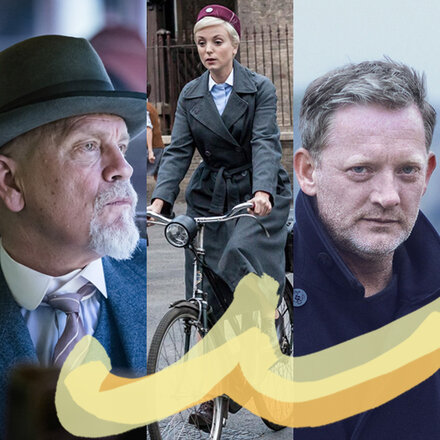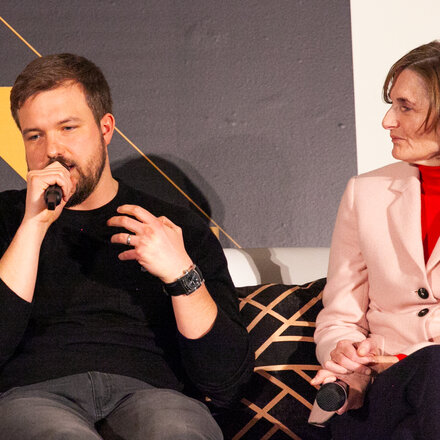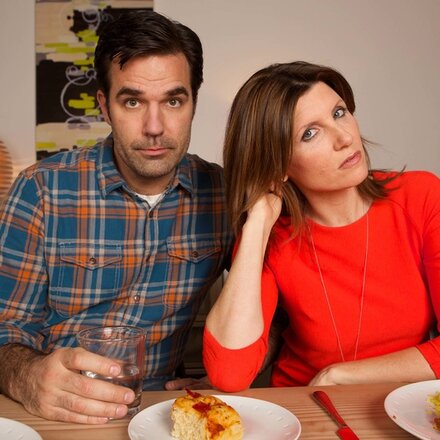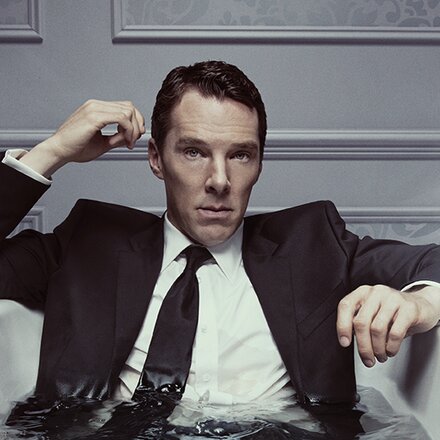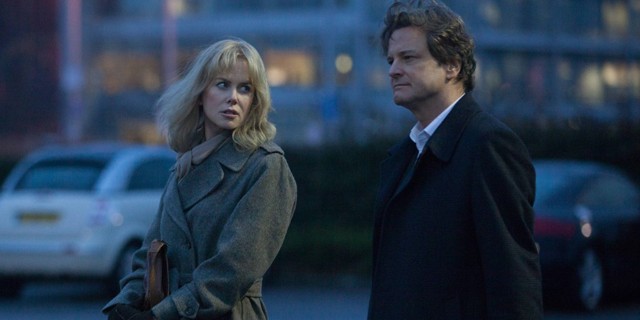
From Page to Screen: Before I Go To Sleep
Debut author S J Watson and writer/director Rowan Joffe (Brighton Rock, 28 Days Later) discuss the film adaptation of the best-selling novel, Before I Go To Sleep.
Published on 15 September 2014
Words by Rich Matthews
What was the genesis of the idea for the novel?
S J Watson: The idea came from an obituary I read about a man in his eighties who’d had amnesia as a result of an operation at the age of 27 to try to remove parts of his brain that they thought caused the severe epilepsy that was ruining his life. From the moment he woke up afterwards, his epilepsy was more or less cured, but he couldn’t form new memories. He’d been treated by the same doctor for decades every week and he didn’t know who she was. I saw a mental image of a woman waking up in a house she didn’t recognise, next to a man she didn’t know and stumbling into the bathroom, looking into the mirror and not recognising herself either. That image triggered the story, was the opening scene of the book and is the opening scene in the movie.
Rowan Joffe: That extraordinary opening is what first attracted me, the succession of events unfolding from Christine’s POV. I was completely captivated by it as a subjective account of the effects of a brain injury. This writer understands the magic of the brain going wrong, it sheds light on what the brain does and how important it is. Then sexual and moral undertones were swirling around - right away she accuses herself of a sexual misdemeanour, even though it’s only fleeting, it was there and vibrant. Then, suddenly, it was the opposite of what she thought - she slept with a married man but he was her husband, yet she doesn’t know him. Then it started to turn into a thriller. Once I understood that it was a really sophisticated, cerebral game, genuinely compelling and emotional, I read it in one sitting. I knew right away that I had to tell this story.
How did you feel about someone else wanting to take ownership of your story, Steve?
Watson: Perhaps naively - although not as this case turned out - I had utter faith in Rowan. We met and talked a lot about the film that he wanted to make. Liza Marshall, the producer, sent me copies of their work and I watched Brighton Rock. I felt very secure and in safe hands. It never crossed my mind to write the screenplay myself because I always felt that it was a different skill. It’s not just a matter of taking all the wordy bits out. I was just realising that I could have a career as a writer, so the last thing I wanted to do was get too involved in a film. I just wanted to make sure the book was in the right hands then let them get on with it.
Given that the book is so subjective, so interior a story, how did you go about converting that into ‘show don’t tell’?
Joffe: I broke it down into beats, then looked at which felt necessary to tell the story. Then I looked at beats that felt like they were doing something but I wasn't sure what and floated them to one side. Then I looked for areas that were missing cinematically. I remember distinctly thinking that if I was going to misdirect the audience, there would have to be a climactic shape to that misdirect that I don’t remember being in the book, at least not as viscerally.
The rest is just a sort of apologia - there are great things in the book that I just couldn’t figure out how to do. Like how to show her thoughts of ‘That guy in my bed who I don’t know, is middle aged and he’s married - how wasted did I get?’. It was in my script stage directions as a placeholder so everyone who read it would understand that this was the basis for the whole story –and a placeholder for myself until I had a bright idea of what to replace it with…but I never had the bright idea! I shot two versions of the opening as a result, one with Christine waking up aged 40 and one with her waking up aged 25 – a different wig, make-up, lighting, enhanced with visual effects. All so the audience goes on the exact journey she does: waking up aged 25, clicking on the bathroom light, an expression of horror on her young face, then cut over her shoulder into the mirror…We put all that together, it took a lot of shooting, time and money but we didn’t use it because the film wouldn’t allow it - all it wanted was to know about ‘that stranger is the guy you’re married to and you don’t trust him’.
Film is a very cruel taskmaster. I don’t understand why it’s so ruthless, but I’ve noticed that every scene I write that’s trying to do two things instead of one loses its power; the stone ceases to skim across the pond. Sometimes I have to do two things but there’s a cost - the narrative slows. In a thriller, above all genres, the pace has to be high. In the end, it’s quite fear-based but also quite hope-based. You think you’ve done the best job, but does it work? Then you get the money, great actors attached, great responses to the script, and only then do you think ‘Okay, it works’. One of the big things was Steve reading it and liking it - that was a hurdle.
And what was that reaction on first reading the screenplay?
Watson: First of all I was relieved, because the screenplay was great. One of the things that really impressed me was that I forgot it had anything to do with my book. There was one moment where I was totally wrong-footed, just like the audience, and I had to remind myself that I wrote the story!
The funny thing is that, towards the end of the process, I would get new drafts and couldn’t see the difference. Luckily, I saw straightaway that it was going to make a great movie. One of the things I was most relieved about was that in Rowan’s version, Christine keeps a video diary. I had always wondered how anyone would get past the inherently un-cinematic image of someone sitting, writing in a book. Seeing the video diary in the screenplay was a real ‘Yes!’ moment - ‘this is going to be good’.
Joffe: The book was a gift. Simple.

